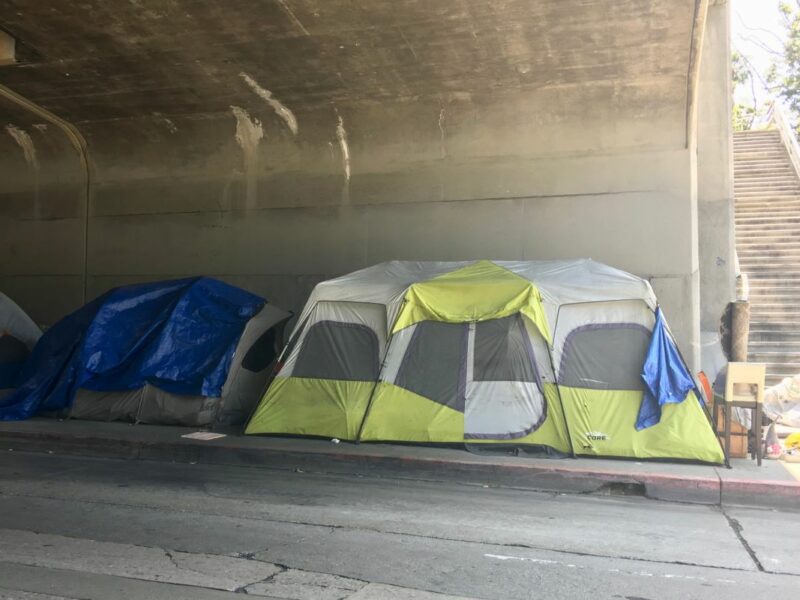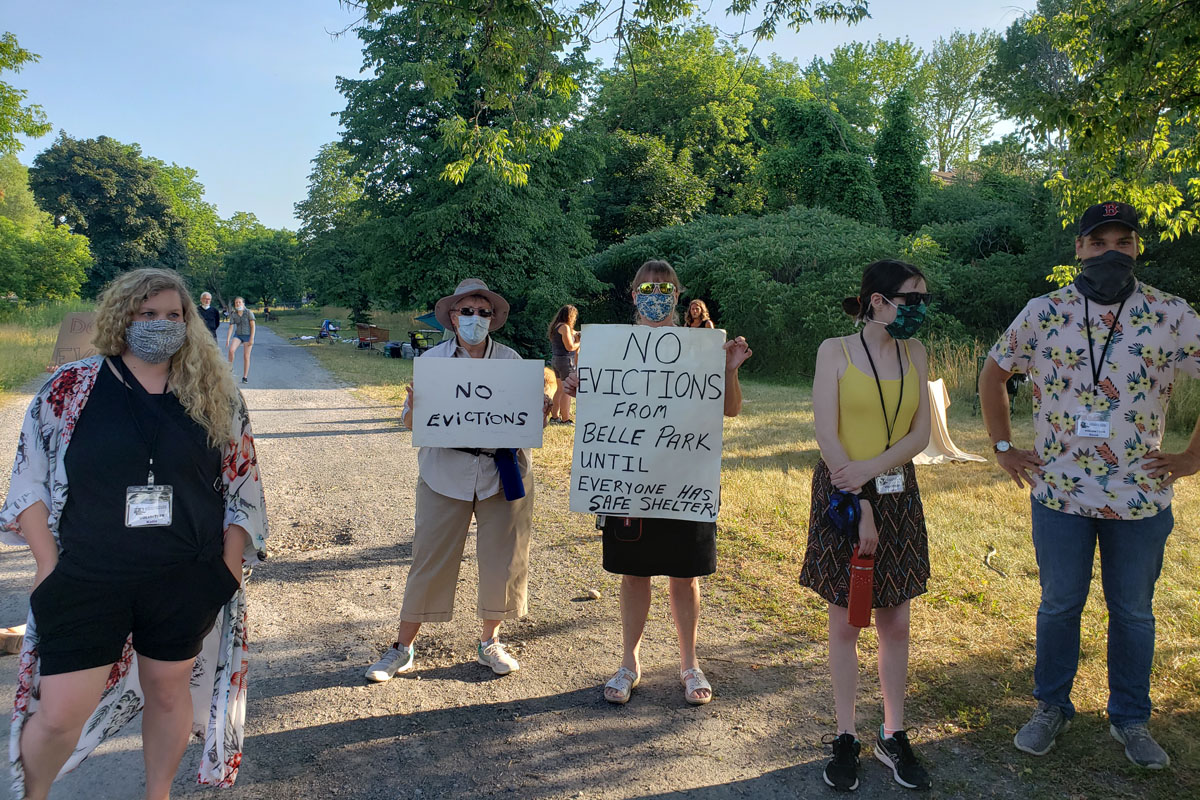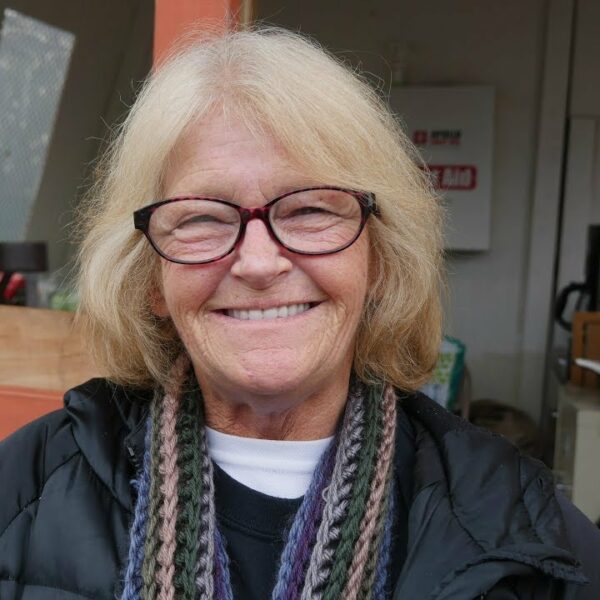The Belle Park Tent Encampment Saga of Kingston, Ontario, Canada Is Far from Settled
Since Kingston’s own tent city was forcibly moved off of Belle Park’s greenspace, some of the camp’s temporary residents moved into homes. Utilizing supportive housing services, and a mix of rent supplement agreements and nonprofit housing spaces, many residents have benefited from significant actions by local social services working with municipal politicians.
But not everyone benefited from government benevolence. In fact, some were left devastated with less than they had before. Moving into neighbouring wooded areas on Village Drive, and parking lot spaces on Montreal Road, some of the hardest to serve have been left with a sour taste.
Most can appreciate how there is not always a concrete solution to the problems of poverty, homelessness and addictions. In fact, Kingston is not alone in managing these tumultuous circumstances in the midst of a pandemic like COVID-19.
The problem may be muted in some people’s minds since the park was disbanded. But homelessness continues to strangle this community as it does most major cities and beyond across Canada.
As ideas to tackle the circumstances that led to over 40 people popping up tents in the vacant park percolated, residents and activist allies kick-started a powerful public relations campaign. Between public rallies at town halls and on the campsite, to editorials and print letters, the conversation did not end at merely protesting homelessness. Instead, the demands for a humanitarian approach to this frustration were echoed by decision makers and news media.
With CDC recommendations that the tent city encampment remain until a more concrete solution could be implemented, an extension until the end of August was meant to allow for direct actions to mount.
Since that time, other investment opportunities have popped up. The federal government has been pressured to buy up distressed assets and excess land parcels for laneway housing developments. A renewed vigor for secondary suites began to populate local print media and city email lists.
As massive investments in modular housing were put forward by major cities like Toronto, the time to act seemed eminent. To assist with the growing demand of COVID-19 appropriate housing options for people in need of isolating safely, the move towards a more connected and caring community were amplified.
Kingston’s own Tiny Town Association has reached out, as did individual activists. The Kingston Mission, Helping Hands Kingston and no shortage of others, all explained their association’s premise, and asked how they could be involved. They all wanted an opportunity to make a difference.
There might not be a one size fits all approach to housing rough sleepers.
That said, it is incumbent upon all of us to address the issues that exist before they balloon into something much larger and much worse. There is money on the table to make some significant changes. And there is no shortage of activists, experts, funding streams, and people with varying interests ready to discuss the matter.
Unfortunately, the militant approach to dismantling the tent city encampment left many feeling dismayed. As words of progress and partnership proved flawed and rang hollow for those left watching their personal items discarded, the story is no longer one of merely good intentions gone awry. Instead, the story shifted focus to a much more ugly reality.
Once a person is labelled as problematic, their personal needs are lessened. Once they are discarded, their disappointment is less relevant. The story goes away…
Except we know that’s not true!
Arriving well ahead of schedule, security moved in on tent city residents well ahead of their anticipated evictions. Originally deployed by mistake, the security officials redacted their efforts to remove the residents before the late August deadline. Sleepers expressed their discomfort, and worry that the tactic was designed to intimidate them. Many were already victims of trauma struggling with cantankerous mental health worries. Others had problems with the law. All were left feeling even more vulnerable than they did before.
The optics of this specific situation were offsetting. Issues similar to this one are mirrored in other municipalities across southeastern Ontario, rural Canada, and right across the country.
This situation is reminiscent of when nearly a dozen homeless people were facing eviction from what was being referred to as a “pop-up shelter” in Napanee. A Napanee man was temporarily hosting homeless people. Officials forced him to evict families due to a zoning bylaw.
When the media spoke to this individual, he highlighted that he saw a need that was not being addressed. The trailers were being run at a break-even cost level. And he took the initiative to act on his own accord.
Some of the tenants he was hosting in his own makeshift village included mothers and children who had been victimized by violence, a transgendered couple that were not welcome at their family home, and others who had made it clear that they had nowhere to go. They credited the gentlemen with providing them warmth as the seasons had begun to change.
We must acknowledge that this issue is not the first of its kind.
We must also recognize that the National Housing Strategy and Poverty Reduction Plan place a tremendous ideological focus on helping displaced women and families. Given these factors, this situation could provide a specific and realistic opportunity to broker necessary conversation and support dollars towards a possible public relations disaster and human crisis.
As eviction day loomed closer for the residents of the Belle Park tent encampment, trust had already been fractured.
As the eviction day came to pass, no one anticipated caution tape would decorate the park perimeter. They could not predict that residents and activists would be halted from collecting their possessions. No one expected their personal belongings to be collected in dump trucks, and discarded at a nearby municipal site.
No one predicted that things would go from bad to worse.
Many well-meaning activists were left perplexed. This included municipal councillors who saw this approach as barbaric and unnecessarily militant. Criminalizing homelessness does not make it go away. It only serves to make the symptoms harder to treat.
One need not look much further to see how the divisions are still gaping. The seeds of discontent have been sewn. And the winter is coming quickly.
We must do better!












